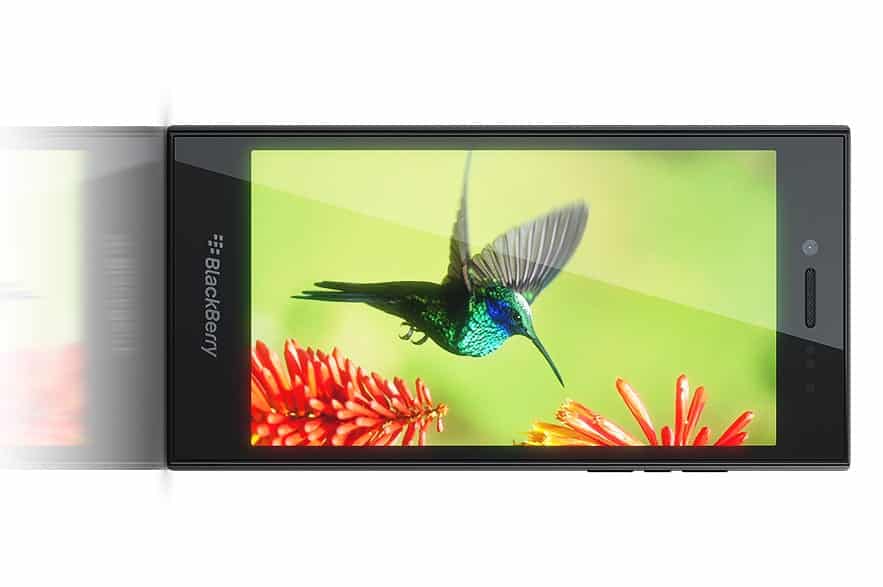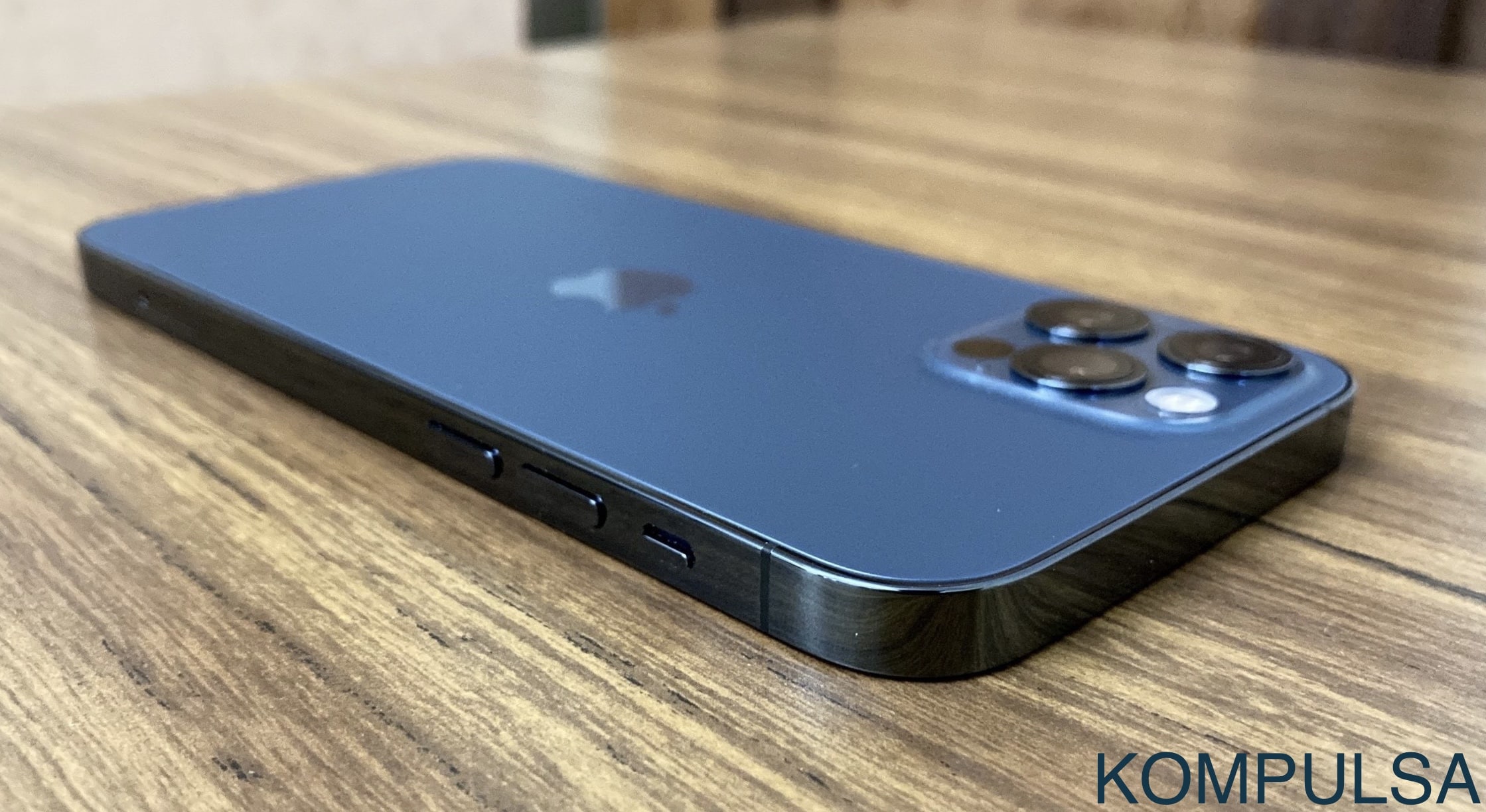The BlackBerry Leap smartphone has been launched at a price of $275. It has a 5″ touch screen for the BlackBerry fans that do like touch screens, but no physical keyboard. That is understandable, as the screen couldn’t have been 5″ if it included a physical keyboard.
[yframe url=’https://www.youtube.com/watch?v=EqCn9qj-DAw’]
According to Bloomberg, the BlackBerry Leap is for the ‘lower’ end of the market, and costs well under half the price of the latest Samsung Galaxy and Apple iPhone devices. While $275 is not exactly cheap, smartphones have become such a high priority (especially in North America) that demand is not only strong, but people want the best smartphones. They want everything in a small package.
The BlackBerry Leap appears to be aimed at young professionals working at/running startup companies, and it will be provided via European cellphone carriers in April.
Why Is BlackBerry Struggling?
It’s hard to tell why BlackBerry’s market share is declining, but I have a theory. Android and iOS devices are now almost completely dominating the smartphone industry. So much so that BlackBerry’s global market share in the smartphone industry has fallen below 1% as of Q2 2014. One thing that iOS and Android smartphones have in common is that they have the greatest support, where apps are concerned. Most software developers create apps for iOS, Android, and that’s it. No more BlackBerry support.
The availability of apps has always been a big issue for platforms, and BlackBerry is no exception to that rule. BlackBerry addressed this by implementing Android app support in BlackBerry 10.
If BlackBerry OS 10 Supports Android Apps, What’s The Problem?
Android became mainstream years ago, and people became accustomed to it. BlackBerry may have been too late to implement Android app support. Android support was implemented in BlackBerry 10, which was released in 2013. By then, Android had already taken over. Getting people to go back to BlackBerry and become acquainted with the new BlackBerry 10 operating system isn’t easy.
To add insult to injury, BlackBerry 10 smartphones allow the installation of apk files, they are not Android devices per se. Android developers test their apps on Android devices, but not necessarily on BlackBerry devices, so that could prevent apps from working correctly. The greatest problem is that BlackBerry 10 devices don’t have access to Google Play services, which some Android apps require.
BlackBerry used to be popular, but once people switch from something, they likely won’t want to switch back to it. Even if it is excellent.
What are your thoughts? Please state them in the comment section below.
Also Read: The Samsung Galaxy S6 and S6 Edge are on their way!
Image obtained with thanks from: BlackBerry.







